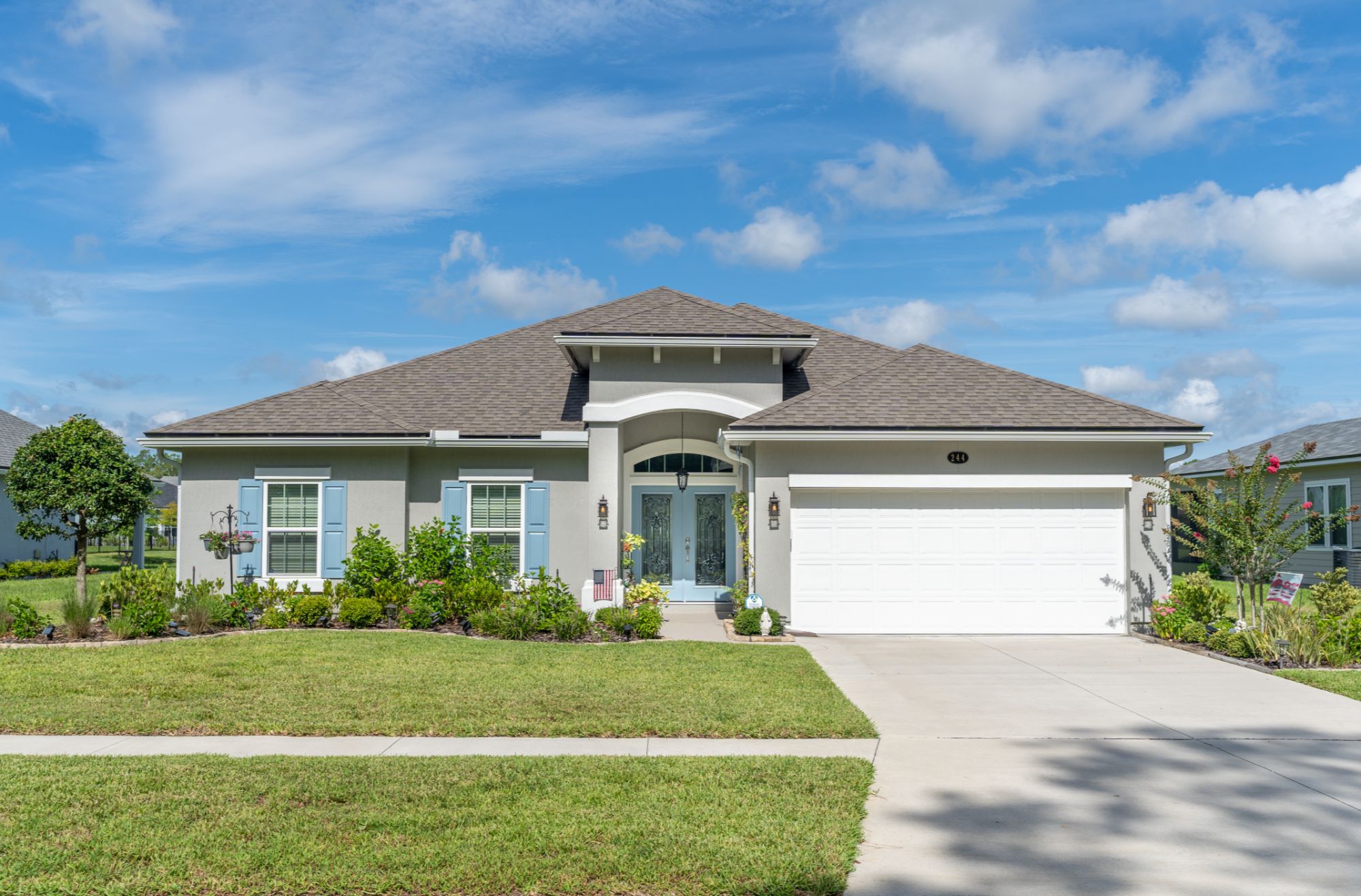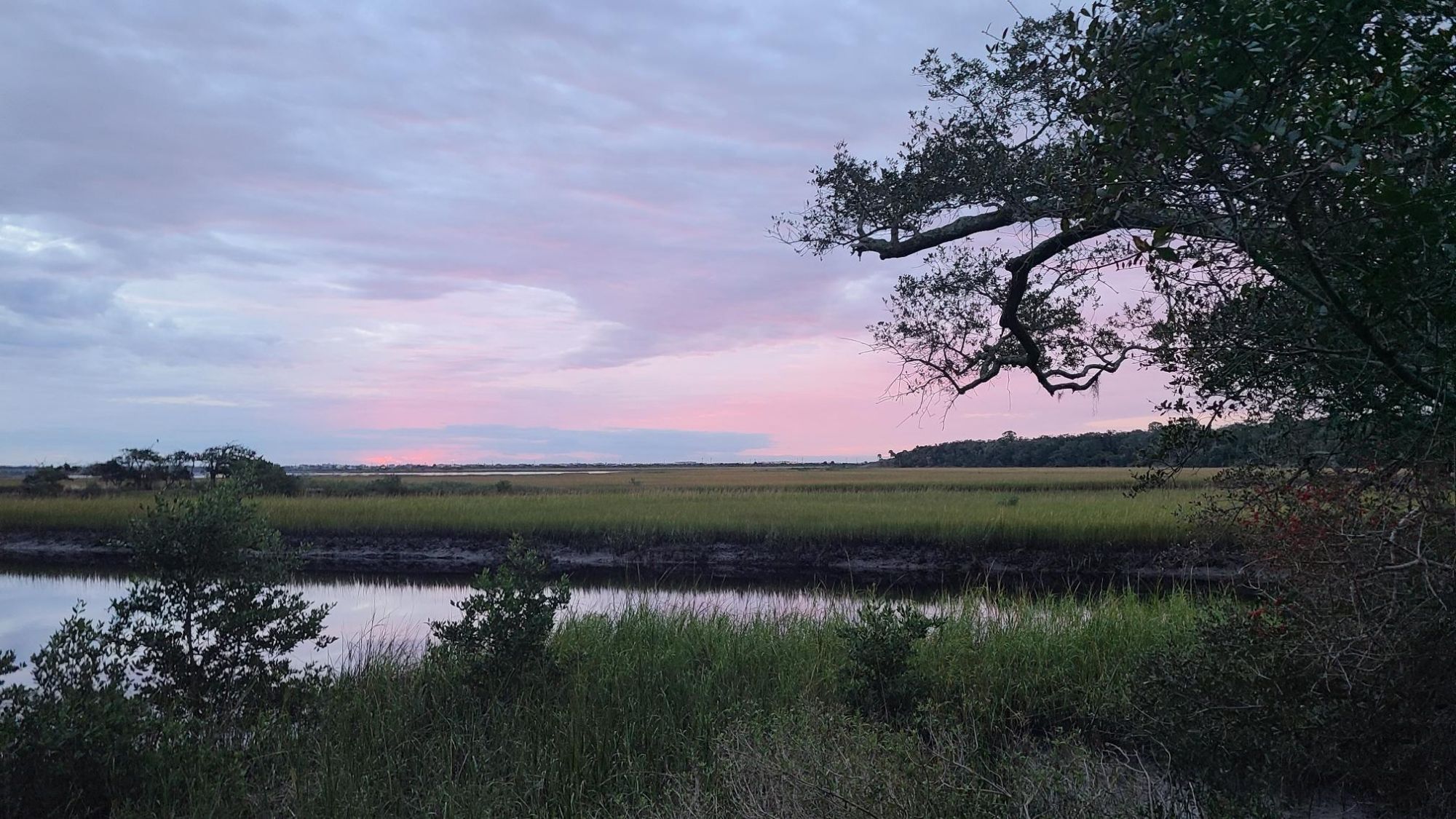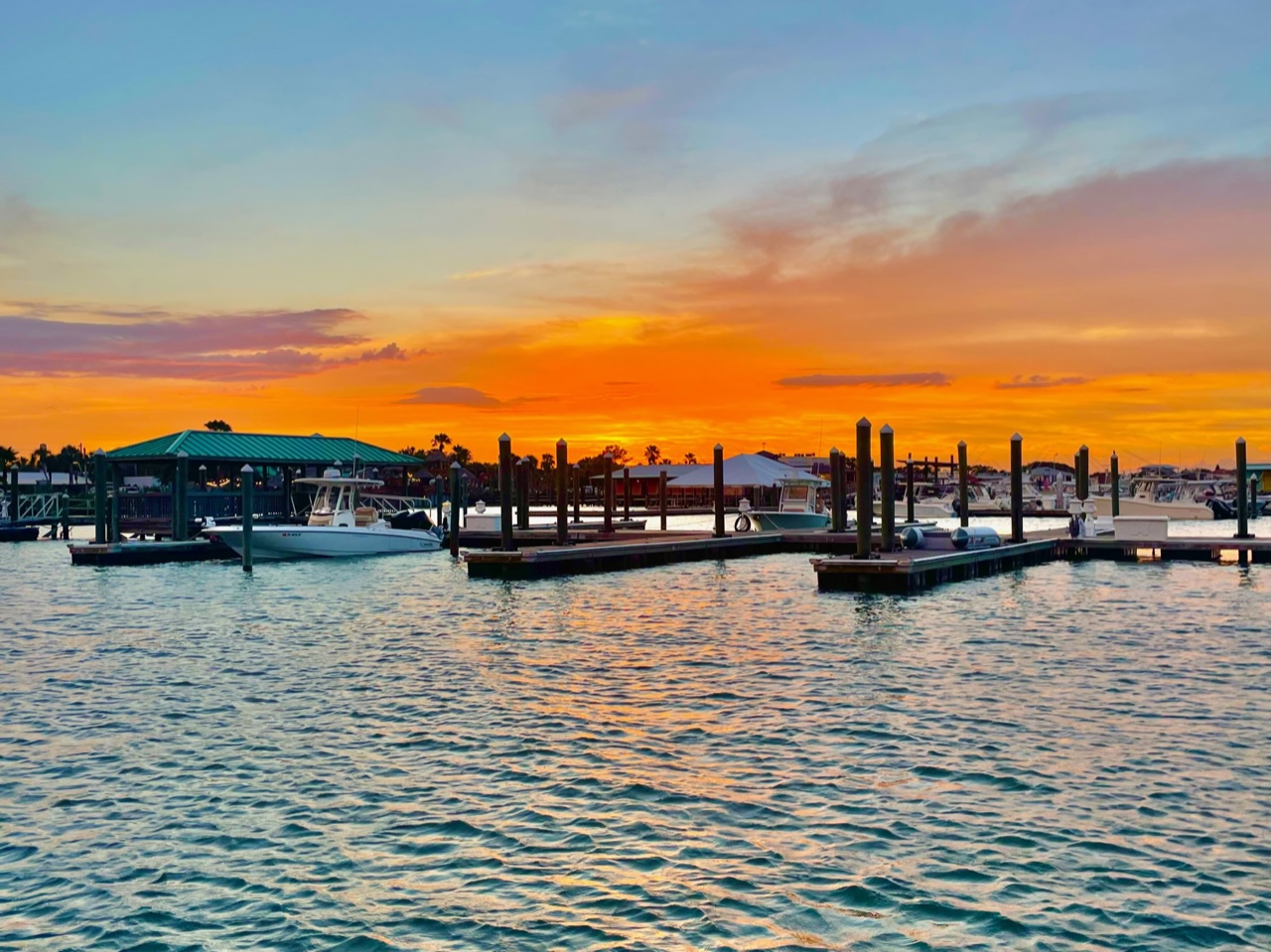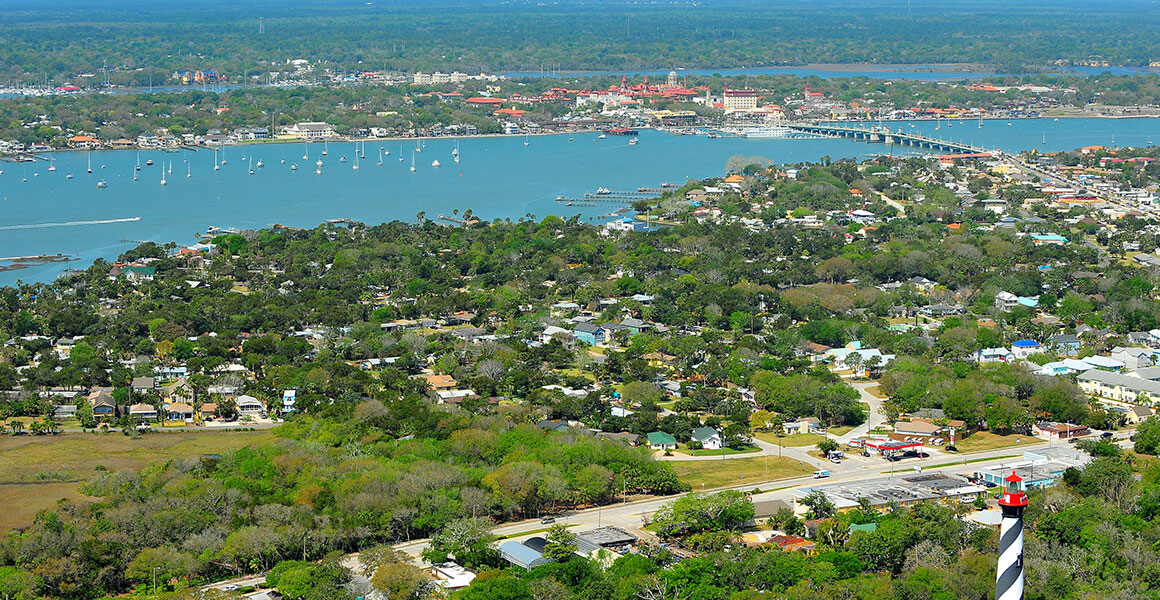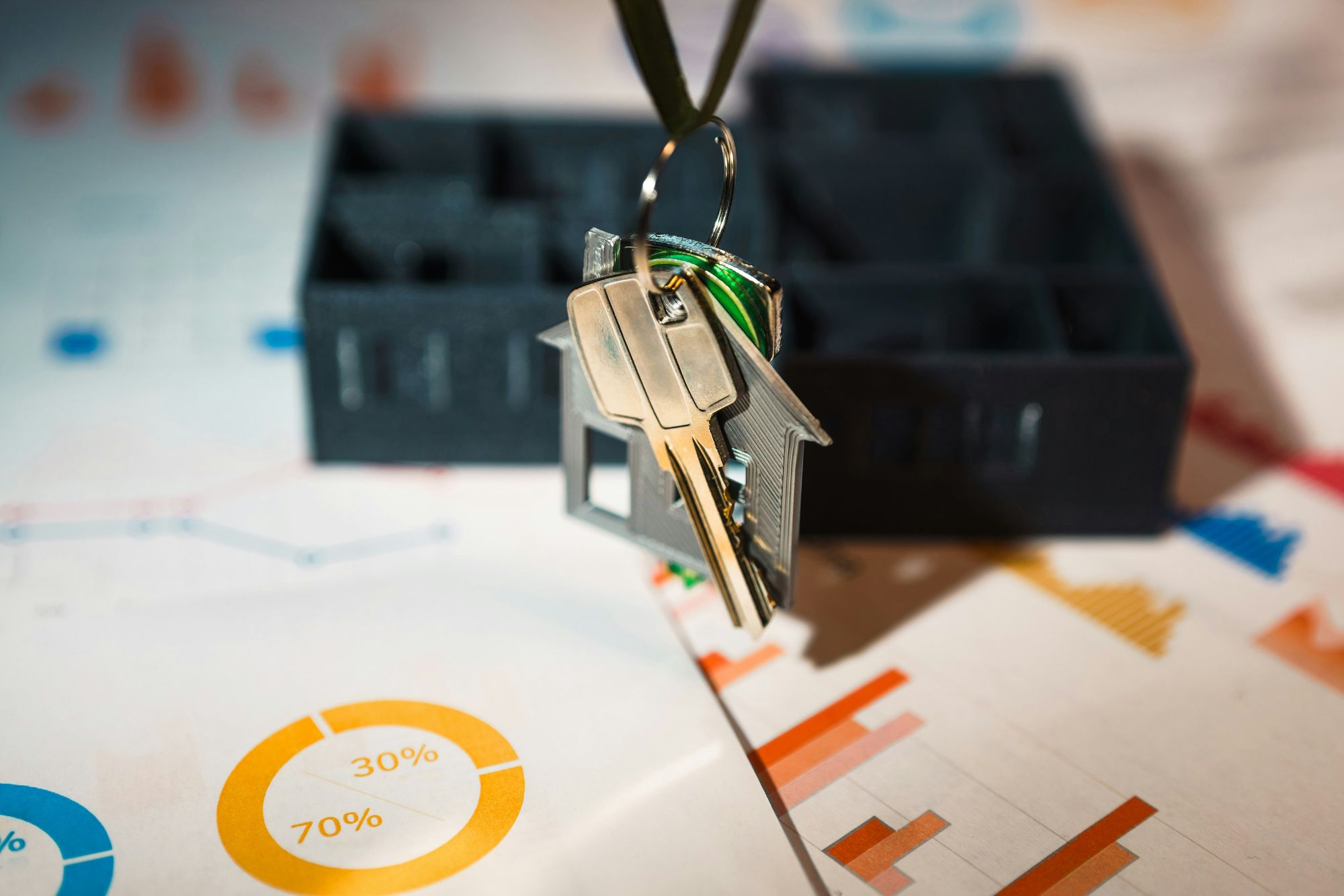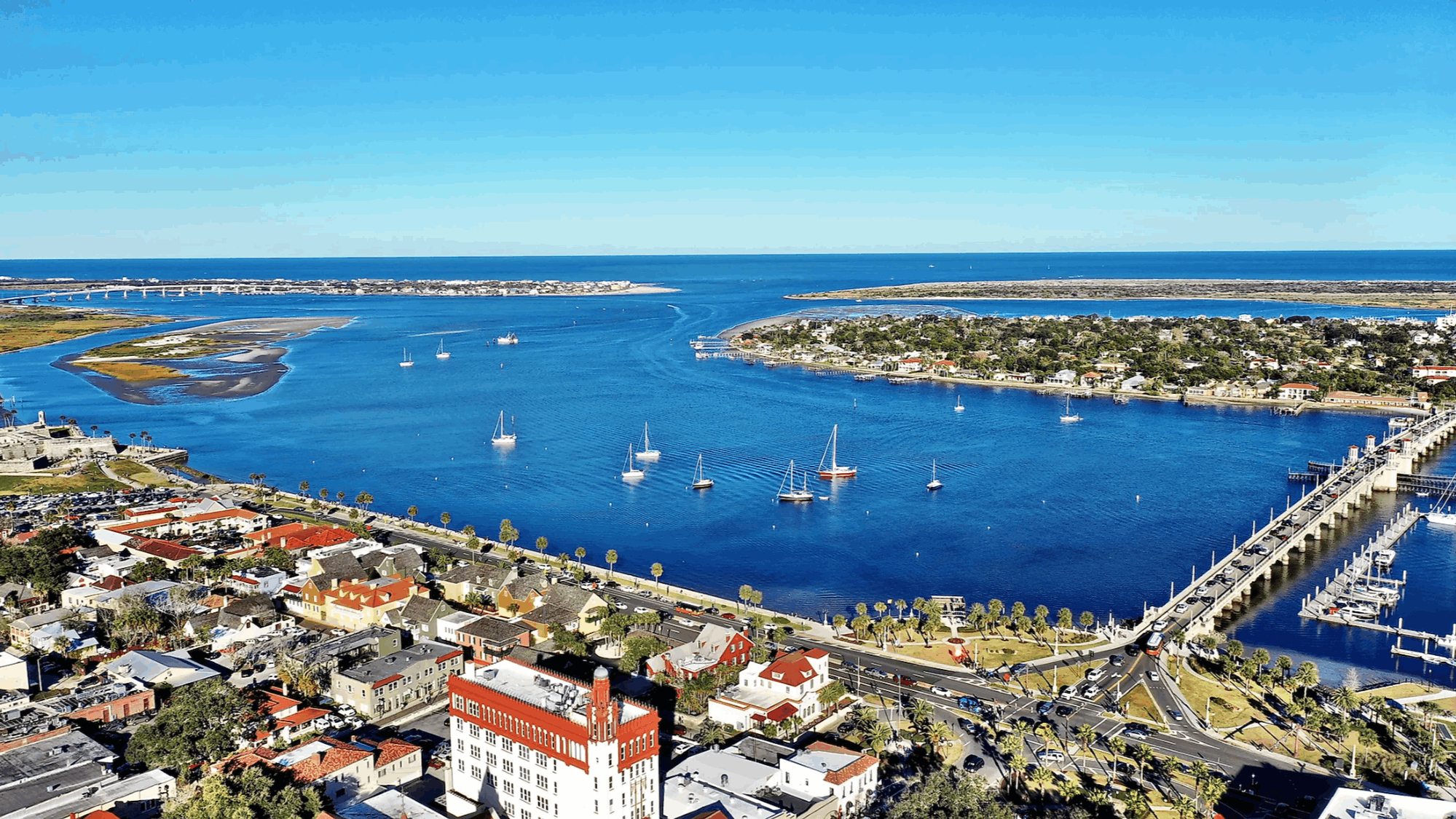Buying a Home May Help Shield You From Inflation in St. Augustine, FL
This blog highlights how owning a home protects you against inflation.

St. Augustine Holiday Guide: Best Events, Lights, and Festivities
The holiday season in St. Augustine is like stepping into a postcard; festive lights, rich traditions, and unmissable events make it the ultimate destination for holiday cheer in Florida. As the nation’s oldest city, St. Augustine blends history with the warmth of community celebrations. Whether yo
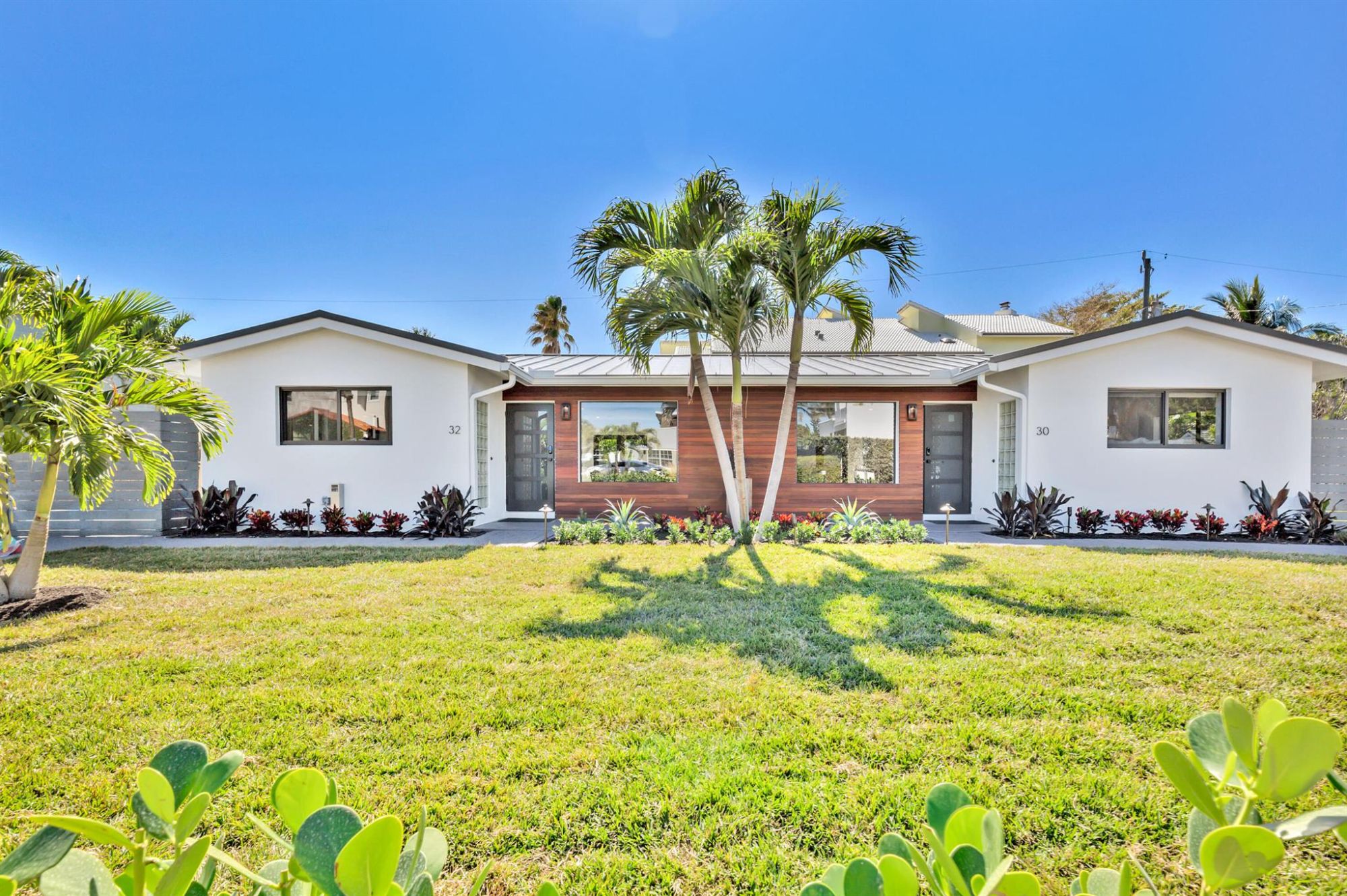
Unlocking Financial Freedom with House Hacking in St. Augustine, FL
House hacking is not just a clever strategy—it’s a revolutionary way to reduce housing costs and build wealth simultaneously. House hacking offers unparalleled opportunities in St. Augustine for aspiring homeowners and seasoned investors. By blending real estate investing with creative housing solut

How to Declutter and Depersonalize Your Home for a Faster Sale
Selling your home in St. Augustine is about creating a space that allows buyers to imagine themselves living there. The first step? Decluttering and depersonalizing. This process may seem daunting, but it’s a proven way to boost your home’s appeal, reduce time on the market, and attract higher offe
Categories
Recent Posts


